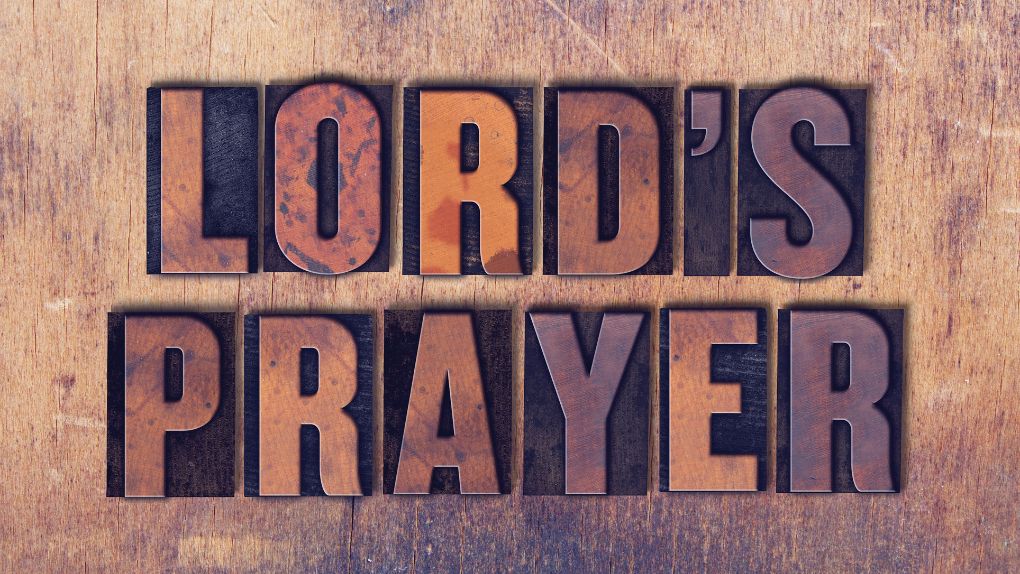We are about to step into the Great Lent – a very special time of the year which the Mother Church, in her infinite love for our salvation and well-being, sets apart and designates as a period of reflection, prayer, acts of mercy, fasting, and spiritual growth. Of course, how we observe the Lenten period and what spiritual practices and disciplines we incorporate into our daily routines ultimately are a matter of personal choice and preference. But the manner in which the church guides us through our Lenten journey is also a corporate act. We all follow the same Lenten calendar, the special Sunday Gospel themes, read the same scripture readings, celebrate the same weekly and Sunday Lenten liturgies together. In the spirit of this sacred unity, I decided to try something different this year. Instead of a regular Sunday homily each week, I will prepare and share with you one challenge for us to reflect on and incorporate into our weekly Lenten observance.
This week’s challenge will be focused on the Lord’s Prayer. When the disciples came to Jesus and asked Him, ‘Lord, teach us to pray,’ he taught them this very prayer.
I invite and encourage you to pray the Lord’s Prayer every day this week. And if you already do it, then more frequently than you would normally do. You might want to pray it in the morning when you start your day, in the afternoon before your lunch, in the evenings, or before bedtime. But most importantly, I would like to ask you to pray it with fervor and reflection.
This is a very familiar prayer for all of us. We know it by heart in Armenian and English, and we are familiar with every word and phrase in it. So why do we need to focus on this particular prayer? Why now? And how doing so will help us in our Lenten journey and spiritual pilgrimage toward Easter?
The reason for such a choice is that the Lord’s Prayer is extraordinary in many ways. The prayer is consecrated and filled with divine presence and power because our Lord Himself used it. It was given to us directly by our Lord himself and is not the result of human creativity, imagination, or even faith. Though commonly referred to as the Lord’s Prayer, some also call it the Disciples’ Prayer, because it was really for the benefit of his disciples and followers like you and me that the Lord gave us this precious gift. However, the prayer can only truly be ours if we are not only receding it but also spending time with it and getting to know it by examining the words and phrases we say, reflecting on what they say and show us about God and ourselves.
So pray and recite the Lord’s Prayer as you would normally do, but also notice and remember all the phrases and ideas that stand out for you. Keep these ideas in your heart and reflect on them throughout your day. Examine them within the context of the prayer, the entire Bible, and all you know about your faith and Christian tradition.
Here are a few examples:
- The prayer refers to God as OUR Father. What does that tell us about the corporate nature of our faith? How is God revealed in our lives through others? What is the spiritual significance of our relationships with others vs. God? How do they overlap and depend on each other?
- Though the prayer was recorded and preserved in Greek within the Gospel, Jesus, like most of the Palestinian Jews at the time, spoke Aramaic. Therefore, the language in which Jesus uttered this prayer was probably Aramaic. There were several words in use at the time for father, but many biblical scholars are convinced that Jesus used a very particular word – Abba, which means something close to our word, “Daddy.” The term was used by children for their earthly fathers and denoted warmth and intimacy in the security of a loving father’s care. What does the use of this particular word tell us about our heavenly father and our relationship with him?
- Notice the flow and order of priorities embedded within the structure of the prayer – First, Thy name, Thy kingdom, Thy will; and only then, give us … What does this show and teach us about the priorities of our life and faith?


